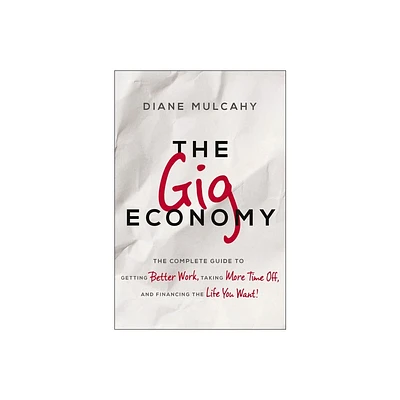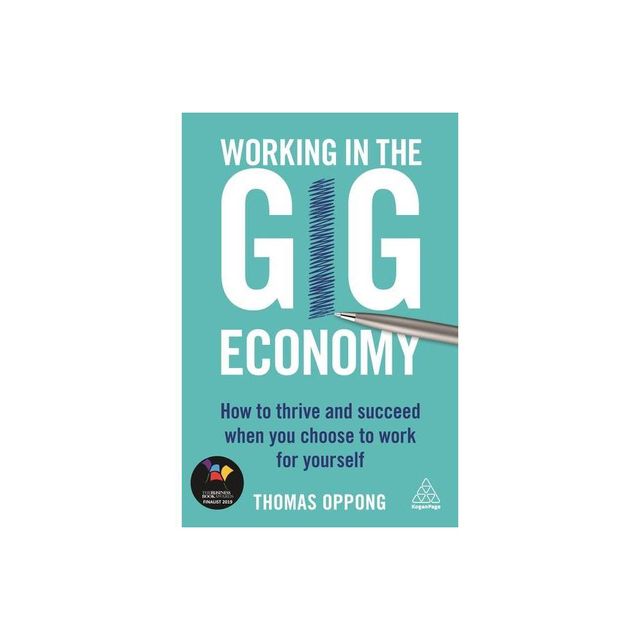Home
Conflict and Shifting Boundaries in the Gig Economy: An Interdisciplinary Analysis
Loading Inventory...
Barnes and Noble
Conflict and Shifting Boundaries in the Gig Economy: An Interdisciplinary Analysis
Current price: $111.99


Barnes and Noble
Conflict and Shifting Boundaries in the Gig Economy: An Interdisciplinary Analysis
Current price: $111.99
Loading Inventory...
Size: OS
*Product Information may vary - to confirm product availability, pricing, and additional information please contact Barnes and Noble
Using an interdisciplinary lens, this book innovatively explores the conflicts and shifting boundaries in organisational, professional, legal and economic structures, caused by the rise of the gig economy. The dynamic structural model of the gig economy is introduced to interrogate the inner workings of the amorphous gig economy at the Macro, Meso and Micro levels of analysis.
Conflict and Shifting Boundaries in the Gig Economy
examines a range of tensions and issues, including;
The future of trade unions in the gig economy
Employment status and contractual arrangements
Talent management in the gig economy
Employee voice and whistleblowing
Career choices and organisational attractiveness
Trajectory and impact at macro economic levels.
Organisational examples and a focus on the perspective of those engaged in gig work introduce new insights and research questions on the current and future challenges posed by the gig economy, alongside using the structural dynamic model as a tool to understand actors and organisational experiences and build appropriate interventions.
Conflict and Shifting Boundaries in the Gig Economy
examines a range of tensions and issues, including;
The future of trade unions in the gig economy
Employment status and contractual arrangements
Talent management in the gig economy
Employee voice and whistleblowing
Career choices and organisational attractiveness
Trajectory and impact at macro economic levels.
Organisational examples and a focus on the perspective of those engaged in gig work introduce new insights and research questions on the current and future challenges posed by the gig economy, alongside using the structural dynamic model as a tool to understand actors and organisational experiences and build appropriate interventions.


















